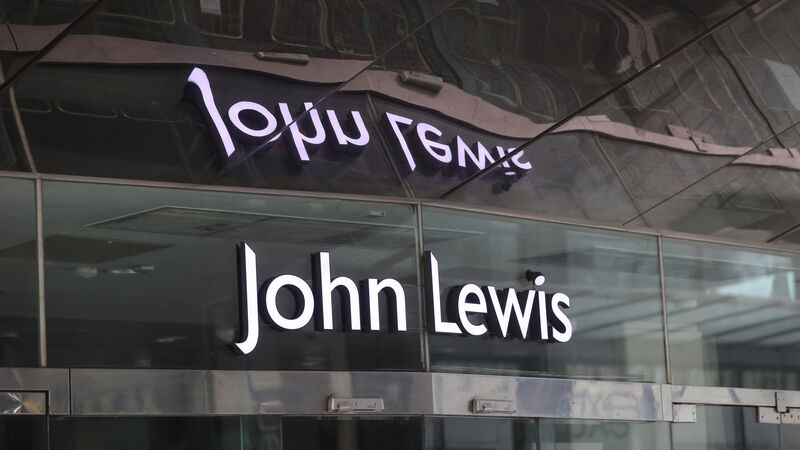UK retail sales boost consumer hopes but clouds gather

John Lewis Partnership, which has also closed branches and axed jobs, said this week that it won’t pay staff an annual bonus for the first time in more than 70 years.
UK retail sales extended their recovery in August as a British government initiative to boost the hospitality industry lured locked-down Britons out to the shops.
The volume of goods sold in stores and online rose 0.8% from July, the Office for National Statistics said.











